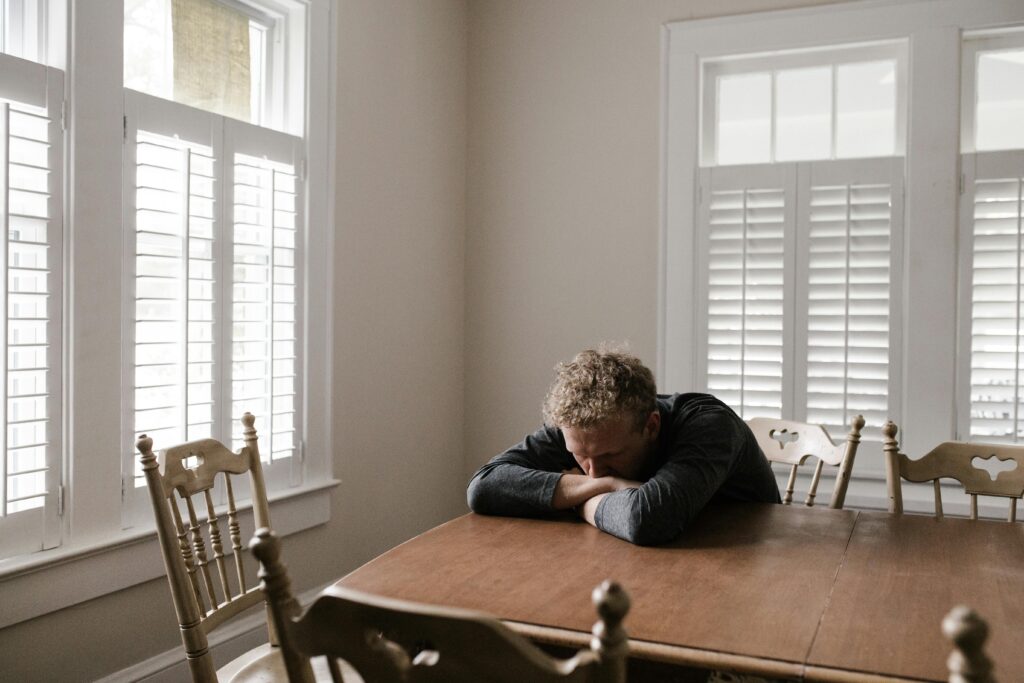Serving Clients Across Canada | Virtual Clinic | Vancouver HQ
Serving Clients Across Canada
Virtual Clinic | Vancouver HQ
Serving Clients Across Canada | Virtual Clinic | Vancouver HQ
Serving Clients Across Canada
Virtual Clinic | Vancouver HQ
Trauma therapy can be a game changed in enhancing the way you experience and interact with the world around you.
You’ve probably heard the very casual use of the word trauma from “that was so traumatizing” to “don’t traumatize me”, being tossed around in everyday conversation. But what is trauma, really, and how do you know if you’ve been affected?
Gaining an understanding of what trauma is can help guide you in deciding if trauma therapy is right for you.

Some experiences that you may associate with trauma therapy include:
However, you may also experience trauma from from less obvious experiences like:

Perhaps you’re thinking, well, some of the events above don’t sound too bad on their own. So maybe trauma therapy isn’t for me. But, what if you repeatedly experienced a disappointing, shocking or disturbing event multiple times over the course of your life?
Unknowingly, that seemingly insignificant issue may be playing out in ways you didn’t realize – in your relationships, in your job, or in your self esteem and confidence.
Signs that you’re coping with trauma aren’t always obvious. However, any event that you felt was psychologically or emotionally harmful or that led to disturbing thoughts or memories, may be helped by further exploration in trauma therapy.
A trauma response is an emotional reaction to a disturbing or challenging event or experience. Understanding them may be the first step you take in coping with trauma. Trauma responses can affect how you think, feel, and behave.
Trauma can impact your ability to:
Trauma can also cause disturbing thoughts and memories that are difficult to shake.
Coping with trauma is a unique experience for everyone. Identifying how your body has responded to traumatic or difficult life events is key in healing – trauma therapy can bring this to light and jump start your healing.

While you’re reflecting on whether you may be coping with trauma, consider if you’ve ever felt like everything just feels like too much.
Do your emotions ever keep you from carrying on with your day-to-day activities like work, school, or getting together with friends or family? Do you often find yourself feeling stuck, sad, anxious or distressed, with no evident threat in sight?
Confusion regarding your emotions can also be a sign that your mind is coping with trauma or trying to process a traumatic event. It’s not always easy to recognize trauma symptoms, so it can be helpful to explore your symptoms with a mental health provider who is trained in trauma therapy.
To help understand the subtle impact of trauma and what coping with trauma can look like, consider Clive’s experience.
One afternoon, Clive lay on his couch, scrolling through facebook, enjoying the posts from his friends.
Yet, in his chest he felt almost a physical sensation like a weight. “What is this” he wondered. The last few months had been very difficult. He’d lost his job, experienced a painful breakup, and watched his dearly beloved cat pass away.
He originally thought that he was doing just fine and often brushed off his feelings as the normal experience of sadness. But as the months rolled by, he began feeling anxious, nervous and disconnected from his friends.
Simple tasks like washing dishes felt daunting and he often opted to spend time alone, avoiding social gatherings.
After another sleepless night riddled with disturbing memories, Clive reached out to his brother who suggested that maybe he should talk to someone.

Trauma therapy can help you cope with a single traumatic event, historical trauma from your past or childhood, or with the continual exposure to ongoing traumatic situations. It can help you navigate through the sometimes complex feelings and thoughts that are preventing you from living freely.
Trauma therapy can help you understand the underlying issues related to your unwanted emotional reactions and overcome their impact in your life. Anxiety, depression and other symptoms often clear up when doing trauma therapy.
The skills you gain in trauma therapy can also help to:
Examples of therapy approaches most useful in dealing with traumatic experiences include:
However, the approach you take toward your healing in trauma therapy is dependent on your unique situation, preferences, and therapeutic goals.
So, maybe you’re feeling stuck and questioning the validity of your own trauma. Perhaps you’re wishing you could move forward, make decisions, and enjoy life but are stuck in overwhelming fear.
It’s also possible that you’re just curious about understanding if past experiences are negatively impacting your life today.
If you just want to feel better and move past the past, consider booking a consultation with a trauma therapist. You can find out if trauma therapy is the right fit for you and what method would be best for your specific situation. Just take the first step and your therapist will guide you with the rest.
